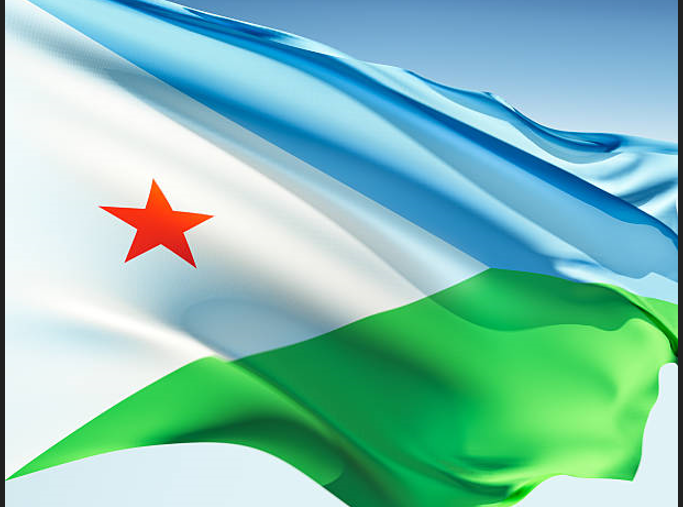DJIBOUTI CITY, Djibouti – Djibouti today marks a momentous occasion, celebrating the 48th anniversary of its independence, a day etched into the nation’s history as a triumph of self-determination. Celebrations for June 27th, 1977, are resonating not only across Djibouti but also in Somalia and among diaspora communities worldwide, reflecting the deep historical and cultural ties that bind the region.
The path to Djibouti’s sovereignty was shaped by complex political dynamics and the efforts of various figures. Among them was Mahamud Harbi, a prominent politician who vigorously championed the cause of unity with Somalia and staunchly opposed French colonial rule. His fervent advocacy for a unified Somali people, however, was tragically cut short by his death in a plane crash in 1960, an event that many have since attributed to a conspiracy by foreign adversaries seeking to undermine the vision of a greater Somalia. In contrast, another notable figure, Ali Aarif Burhaan, held a differing perspective, opposing the unification of the Somali people.
A significant turning point in the colonial era occurred in 1967, when the French administration, alongside a local interim government in Djibouti, controversially changed the name of what was then known as French Somaliland to the “French Land of Afar and Issa.” This renaming was a clear strategic maneuver, aimed at garnering public support and potentially influencing the future political landscape away from Pan-Somali aspirations.
The definitive step towards independence came through a referendum held on May 8, 1977, where the people of Djibouti overwhelmingly cast their votes in favor of self-governance. This popular mandate paved the way for the nation’s inaugural elections on June 27, 1977. On that historic day, Mr. Hassan Guuleed Abtidoon was elected as the first President of the newly independent Republic of Djibouti. The solemn inauguration ceremony was graced by an official delegation from the then-Somali Military Government, led by Vice President Husien Kulmiye Afrah, signifying the close relationship and shared regional aspirations.
As Djibouti commemorates its 48th year of independence, the festivities serve as a powerful reminder of the nation’s journey from colonial rule to a sovereign and active member of the international community. The celebrations held annually reinforce national identity and pay tribute to the resilience and determination of its people who collectively chose their path to freedom. The enduring spirit of June 27, 1977, continues to inspire generations, marking not just a date but a continuing celebration of national pride and liberty.





